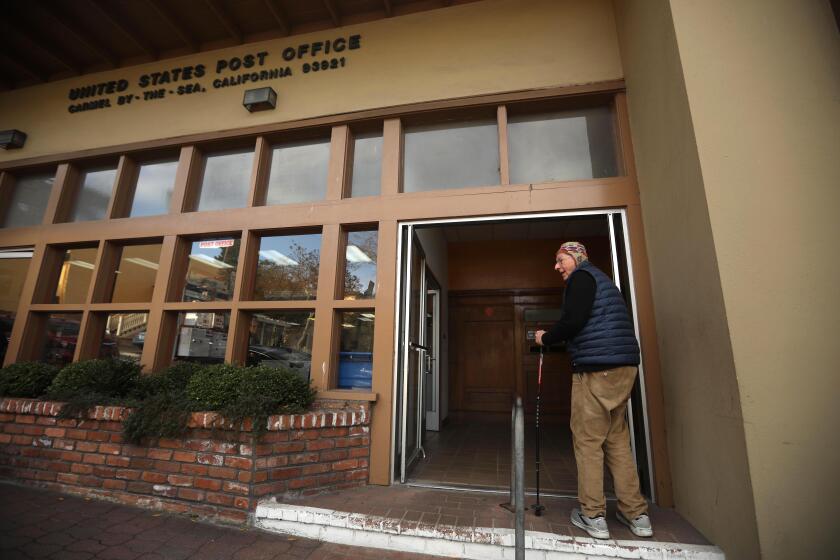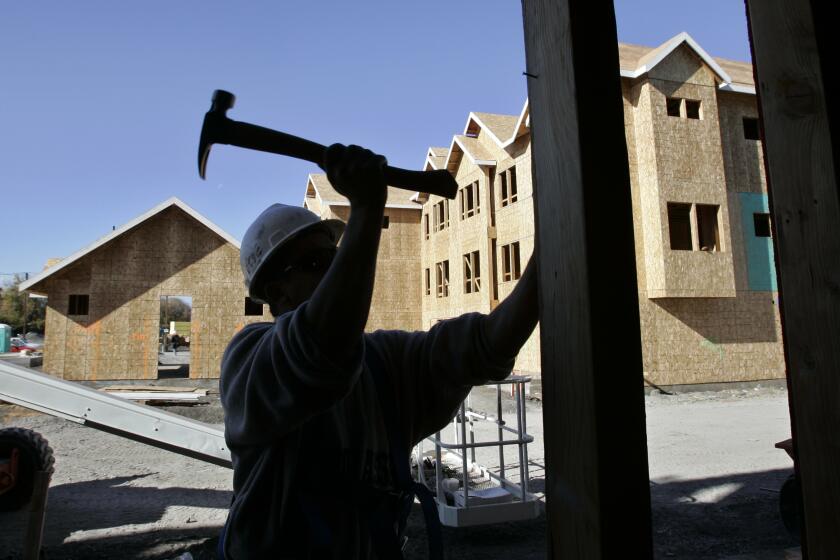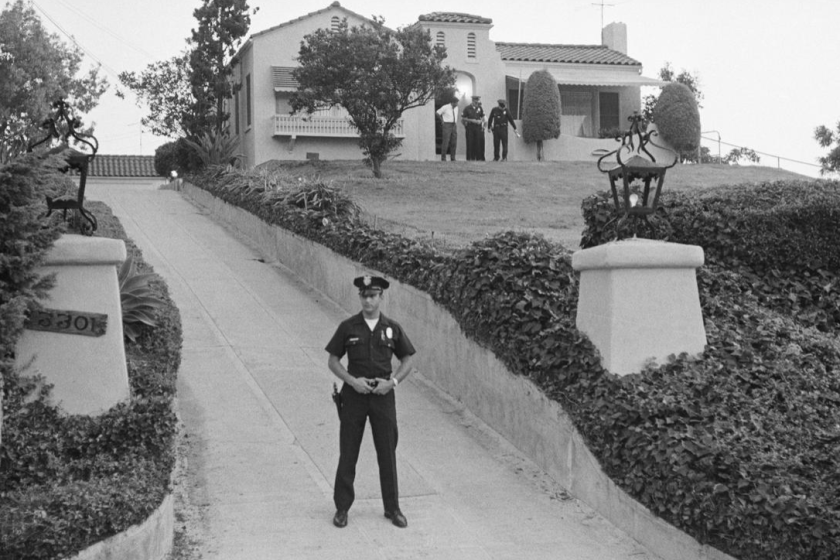Can Manager Cash In on Rent Payment?
QUESTION: My ex-husband and I pay the rent on our two daughters’ Redondo Beach apartment while they are getting their college degrees. The second month they were in the apartment, the resident manager requested cash payment of the rent, saying he would provide a receipt.
After we verified that his name was on the lease agreement as manager, we gave him the $800 cash. He, however, failed to sign the receipt. The girls brought it back to him to get his signature on it. He said he “forgot” to sign the receipt.
He now says that he has the legal right to demand cash payment of the rent and that’s what he wants. We don’t appreciate that attitude, but it was expensive, in terms of both time and money, to move our daughters. We hesitate to force an issue only to have our daughters evicted.
I am afraid that one of these months he will again “forget” to sign the receipt but will “remember” that the girls paid no rent. The lease agreement says nothing about the method of payment of the rent.
Does he have the right to demand cash payment of the rent? Is there anything that we can do?
ANSWER: Since the lease agreement says nothing about the method of payment, the manager cannot require you to pay the rent in cash until he gives you a 30-day notice to change the terms of your daughters’ tenancy. Once he gives you such a notice, you will have to pay the rent in cash.
Although you can demand that the manager give you such a notice, it won’t do you any good in the long run. It’s probably better not to rock the boat. Just make sure that the manager signs the rent receipts. You are entitled signed receipts for your cash rent payments.
Owners Owe Interest on Last Months’ Rent
Q: I own a Los Angeles apartment and I am writing in reference to the Nov. 25 “Apartment Life” column.
Under “Landlord Raises Deposit When He Raises Rent,” you write, “The new law . . . requiring landlords to pay interest on security deposits and last months’ rents requires them to pay interest on such deposits to tenants every five years.”
The L.A. ordinances, No. 168363 and No. 166373, require landlords to pay interest only on security deposits and not on last months’ rents. The Rent Stabilization Division on the Ordinance Hot Line, (213) 624-7368, confirmed that the answer in the column is incorrect.
A: There is a conflict between state and federal law that is likely causing the confusion. Under federal tax law, the last month’s rent is considered income when collected. At that point, the income is taxable under federal law. Under state landlord/tenant law, last months’ rents are considered deposits.
According to Jim Fleck, director of research for the RSD, the interest payments apply to “all deposits, no matter how they are labeled, including last months’ rents.”
It Costs Landlords to Move Tenants Out
Q: In the Oct. 27 column, “Landlord Pays Extra to Move Baby,” you referred to the rights of a landlord when a tenant adds a baby to the apartment. Does that information refer to Santa Monica rent control as well? Also, what are the rights of a Santa Monica landlord when a tenant moves out and places someone else in that apartment without the landlord’s approval?
A: The column said that a Los Angeles landlord can evict tenants from a unit in order to move in family members. He must, however, pay the tenant’s relocation fees, which, in Los Angeles, are either $2,000 or $5,000. Tenants with minor children, seniors or the handicapped get the $5,000. Others get $2,000.
In Santa Monica, you can also evict tenants to move in certain family members, and you must also pay relocation fees. But the fees in Santa Monica are higher and structured differently than those in Los Angeles. In Santa Monica the fees are based upon the size of the unit and include an extra $1,000 for tenants with minor children, seniors or the handicapped. For Santa Monica, the amounts are as follows: Single/bachelor apartments, $3,000; one-bedroom apartments, $3,750; two-bedroom apartments, $4,250; three-bedroom apartments, $5,250; four-or-more-bedroom apartments, $5,500.
When a tenant moves out and places an unauthorized subtenant in the unit without the landlord’s approval, under most circumstances you are able to evict the unlawful subtenant. Exceptions to this rule of thumb may include the following:
(1) The tenant is on an unexpired lease agreement, under which he’s responsible for the unpaid rent until the unit is re-rented. If you unreasonably refuse to accept qualified replacement renters, you lose any further rent claim against the tenant; or (2) the unauthorized subtenant had lived in the unit before the tenant of record moved out and you knew about it, accepted rent (even if you merely accepted rent from the tenant of record and not the unauthorized subtenant) and made no effort to get him out of the unit.
In this second example, most judges in California will rule that you have waived your right to evict by accepting the rent and taking no action to evict. There may be other exceptions, so check with your attorney before giving your tenant notice to move.
Postema is the editor of Apartment Age magazine, a publication of the Apartment Assn. of Greater Los Angeles (AAGLA), an apartment owners’ service group. Mail your questions on any aspect of apartment living to “ Apartment Life, “ AAGLA, 621 S . Westmoreland Ave . , Los Angeles, Calif . 90005-3995.
Sign up for Essential California
The most important California stories and recommendations in your inbox every morning.
You may occasionally receive promotional content from the Los Angeles Times.



